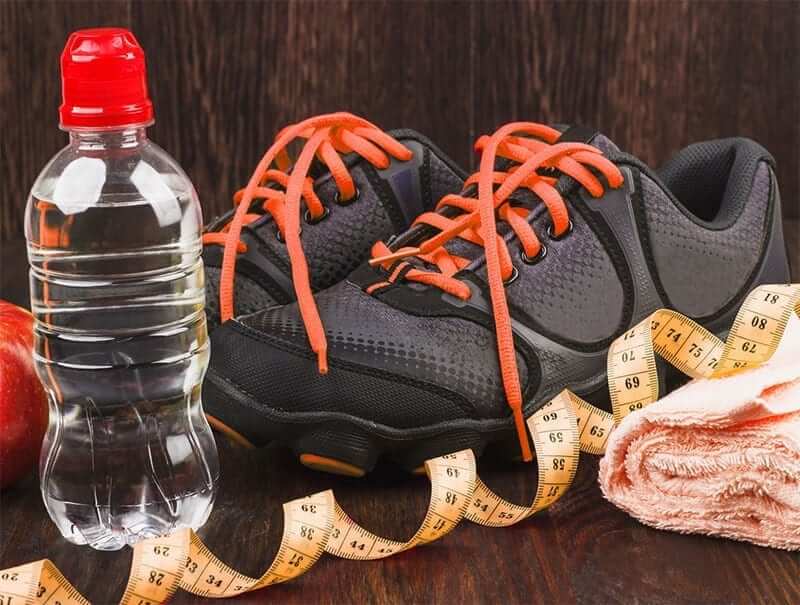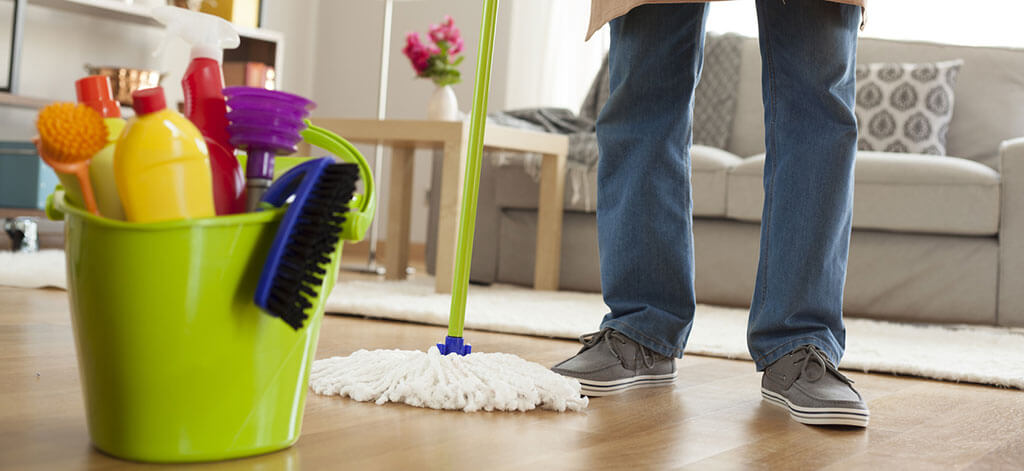This article is part two in a series on Spring Cleaning Tips. To catch up, please read part one.
As we discussed in our last newsletter, Spring is a great time to make some easy house changes. Let’s examine other simple ways to improve our health by making small adjustments in the home during springtime.
8. Check The Bathroom.
Medicine cabinets are notorious for out of date products. Throw out any unused, out of date prescriptions. We all keep partly used antibiotics which could lose their potency after the expiration date. There are usually not enough pills for a full course of medication anyway. Check with your local health department to see how to dispose of them properly. Some medications should not be placed in the commode for fear of entering the water supply. Add ice/heat packs for summer injuries, bug spray and new sunscreen (SPF 30), which should be replaced every year. Think about purchasing the sunscreen sprays which children seem to tolerate without a fight.
Look at old anti-histamine products and their expiration date, since allergies are high in the spring. Purchase or put together a new first aid kit, including an antibiotic cream or gel, bandages and tape since outdoor activities can often lead to small accidents. Dispose of lotions and skin products that contain phalates – chemicals which are considered endocrine disruptors. Endocrine disruptors can cause insulin resistance, among other problems. Replace with natural fragrances and natural products. Change your toothbrush or toothbrush head if you have an electric brush. You should replace your toothbrush after an illness or dental work as well. Purchase a new tooth paste that is “Complete” to reduce the risk of gum disease, and a mouth rinse without alcohol. Consider adding a Water Pik and dental floss to your dental routine. Do not keep your diabetes supplies in the bathroom, due to the high moisture content. Leave them by your bedside stand.
9. Check Your Diabetes Supplies for Expiration Dates.
Insulin lasts for about 28-30 days once opened. Mixed insulin in pens last for 14 days once opened. Control testing solution lasts for 3 months once opened. Blood glucose test strips last for 4 months once opened. Look at the manufacturer’s inserts for exact dates of expiration.
10. In The Closet

11. Remove All Cigarettes.
Spring is a great time to make a huge lifestyle change, and this would be a major one – especially if you have diabetes. Smoking is known to constrict blood vessels, increase kidney and heart disease, mouth, lip or tongue cancer, increase lung disease, inflammation, peripheral vascular disease, risk of stroke and increases glucose levels, along with limiting healing abilities. Check with your physician if quitting is a real challenge. You could try acupuncture, hypnosis, counseling or medication.
12. Check Your Pillow and Mattress.
Most people do not realize that a mattress has a life expectancy of 8 years, and pillows lose their fiber content over time. Getting good sleep is not always easy, but having a cool, dark room with proper sleeping aids can help. Sleep is important for reducing insulin resistance and getting your immune system in better shape.
I hope you find time to enjoy the spring season after you make time for spring cleaning. These little tips should improve your health and state of mind. Then relax!
Have a question or comment? Post below or email me at [email protected] if you would like to share them with ADW diabetes.
NOTE: Consult your Doctor first to make sure my recommendations fit your special health needs.













Leave A Comment